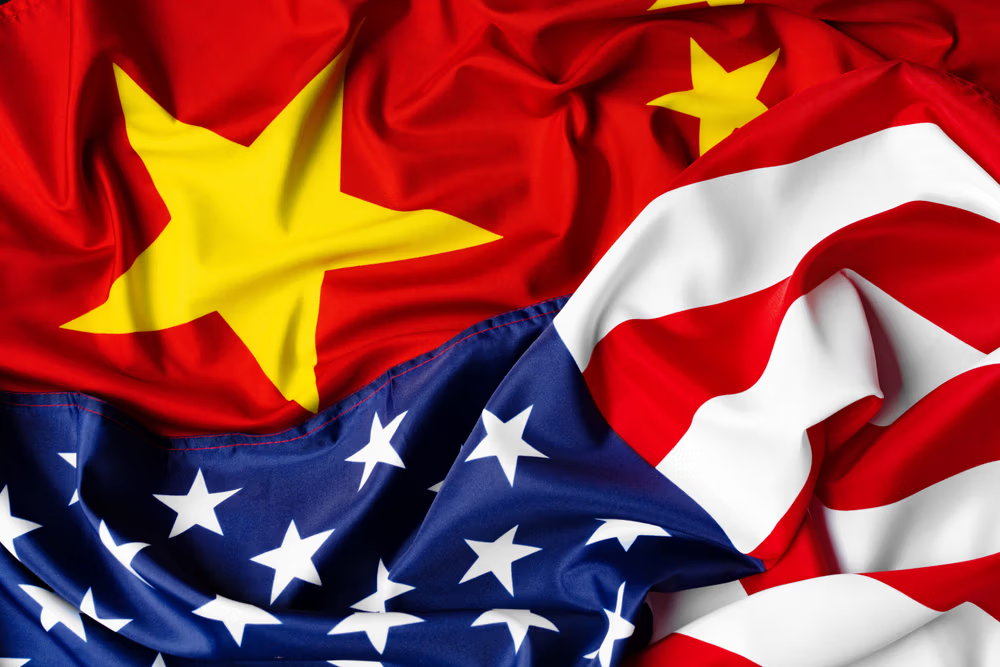In a major step toward de-escalating trade tensions, China on Friday confirmed it will resume controlled exports of rare earth minerals to the United States, following a formal agreement between the two nations. The breakthrough follows weeks of high-stakes negotiations and is seen as a critical development in restoring stability to the global supply chain for essential materials.
China’s Ministry of Commerce announced that it would approve export applications for rare earths and other controlled items “in accordance with the law,” in exchange for the US lifting a series of restrictive measures imposed in recent months.
The move comes after US President Donald Trump and Commerce Secretary Howard Lutnick confirmed on Thursday that both sides had finalized the agreement. Lutnick told Bloomberg News that China would resume rare earth shipments and that the US would subsequently roll back its countermeasures.
Rare earth elements are essential for a wide range of technologies, from smartphones and electric vehicles to advanced weaponry and renewable energy systems. China currently controls nearly 90% of global rare earth processing, making its cooperation vital for US manufacturers and defense contractors.
The agreement formalizes a preliminary understanding reached in London earlier this month, which was pending approval by both President Trump and Chinese President Xi Jinping. The resolution also follows the breakdown of an earlier accord in Geneva, which fell apart over disagreements regarding export controls and retaliatory tariffs.
In Friday’s statement, China’s Commerce Ministry expressed hope for deeper cooperation, stating: “We look forward to continuously enhancing consensus, reducing misunderstandings, strengthening cooperation, and jointly promoting healthy, stable and sustainable development of China-US economic and trade relations.”
Broader Implications for Trade and Security
As part of the deal, the US will reportedly lift certain export curbs on semiconductors, ethane, and jet engines, and may ease visa restrictions for Chinese students. China, meanwhile, is expected to prioritize the supply of critical rare earth materials, including magnets used in defense and renewable energy sectors.
However, despite the breakthrough, industry experts caution that China’s “dual use” export licensing regime—requiring detailed end-use documentation—may continue to limit shipments to US defense contractors. This could leave American military suppliers with restricted access to key inputs, even as commercial flows resume.
Earlier this year, rising trade tensions had led both countries to impose reciprocal measures, disrupting global supply chains and triggering concerns about long-term resource security. Analysts view this latest agreement as a pivotal, though partial, resolution to those concerns.





